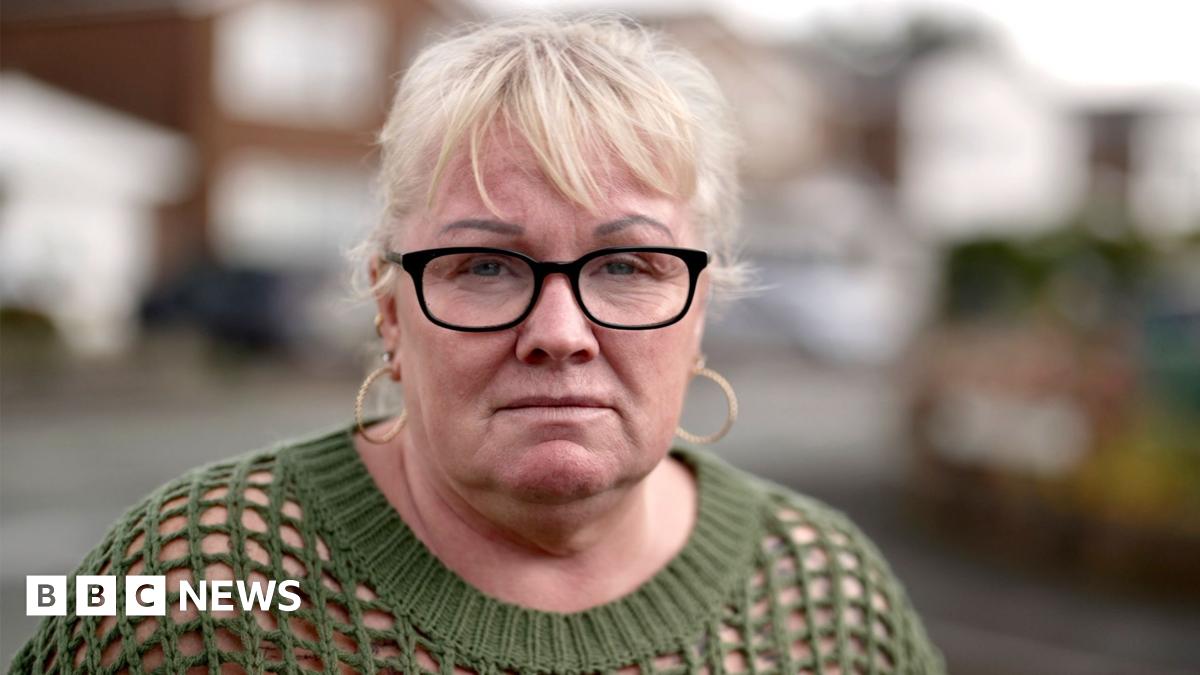Wigan Council told the BBC that since 2023, it is one of the few towns in the UK to have an agreement with the Home Office that government contractors will not procure any more properties for asylum seekers in the town.
It said it recognised that housing asylum seekers placed a burden on its resources and that an over-concentration of Serco-run HMOs can have a negative impact on communities. But it added that HMOs are not just accommodation for asylum seekers and they play a role in creating lower-cost housing for people living on their own.
There were 1,193 asylum seekers receiving accommodation support in Wigan at the end of March 2025, according to Home Office figures analysis by the Migration Observatory, external. This represents 35 asylum seekers per 10,000 people in the local community.
The UK average in June was 15 per 10,000 people according to a House of Commons Library Asylum statistics, external report. The figure for north-west England was 27 per 10,000.
“The government seems to think that asylum hotels are the problem,” says Josh Nicholson a senior researcher from the Centre for Social Justice. But he says that polling suggests greater use of HMOs, and ignoring local community concerns “will exacerbate people’s feelings of being ignored and having a lack of agency”.
If the shift is from hotels to HMOs, then planning consultant Faraz Baber has other concerns. It could encourage landlords to “get genuine family renters to leave their properties” so they can take on better-paid long-term deals with Home Office contractors.
According to the homeless charity, Shelter, Wigan has 11,500 households on the social-housing waiting list and Warrington has 7,600.
In its statement to the BBC, Wigan Council acknowledged there had been “real concerns about rising levels of HMOs in the borough, predominantly driven by private landlords converting properties to maximise rental income”.
